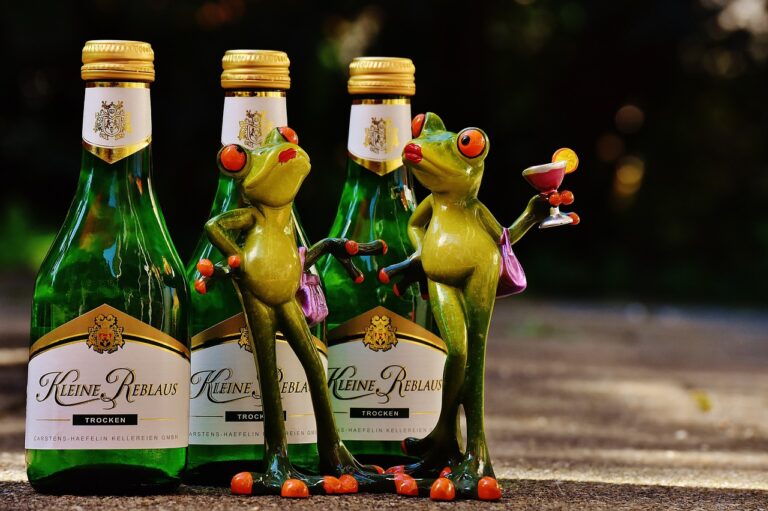The Influence of Cultural Diversity on Entertainment Media: Multicultural Perspectives and Stories
Diversity in entertainment media is influenced by a variety of factors, including changing societal norms and values. As cultural perspectives evolve, the demand for representation and inclusion in media increases. Producers and industry professionals are becoming more aware of the importance of authentic portrayal of diverse communities and are making conscious efforts to reflect this in their content.
Moreover, globalization plays a significant role in shaping cultural diversity in entertainment media. The interconnectedness of our world has led to the sharing of stories and experiences from different corners of the globe, enriching the content available to audiences. This exposure to diverse cultural narratives has not only broadened the scope of storytelling but has also fostered a greater appreciation for varied perspectives and traditions.
Historical Impact of Cultural Diversity in Entertainment
When examining the historical impact of cultural diversity in entertainment, it becomes apparent that representation has not always been inclusive or accurate. In the past, certain groups and cultures were often stereotyped or marginalized in media, perpetuating harmful stereotypes and reinforcing biased perspectives. This lack of authentic representation led to misconceptions and limited portrayals of diverse communities, hindering the potential for genuine cultural appreciation and understanding.
Despite the challenges faced in the past, there have been significant strides towards better representation and inclusivity in entertainment media. As society evolved and voices advocating for diversity grew stronger, there has been a notable shift towards more authentic and diverse depictions of various cultures in movies, television shows, and other forms of media. This shift has not only provided opportunities for underrepresented groups to see themselves accurately portrayed on screen but has also enriched the storytelling landscape by showcasing a broader range of voices and experiences.
• This shift towards better representation has allowed for more nuanced and complex storytelling that reflects the diversity of human experiences
• Increased representation in entertainment media has helped to challenge stereotypes and break down barriers between different cultures
• The push for diversity in entertainment has opened up opportunities for creators from diverse backgrounds to share their unique perspectives and stories
• By showcasing a variety of cultures and perspectives, entertainment media has the power to foster empathy, understanding, and appreciation for different ways of life.
Representation in Media: Challenges and Progress
Representation in media continues to be a pressing issue in today’s society. One of the main challenges faced is the lack of authentic and diverse portrayals of different cultures and communities. This often leads to misrepresentation, stereotypes, and limited perspectives being perpetuated in entertainment media.
Despite these challenges, there has been noticeable progress in recent years towards more accurate and inclusive representation in media. Many creators and industry professionals are making conscious efforts to showcase a wider range of voices and experiences on screen. This shift is not only beneficial for promoting cultural diversity but also for fostering empathy, understanding, and connection among audiences.
What are some key factors that contribute to cultural diversity in entertainment media?
Some key factors include representation of diverse characters, inclusion of diverse storytelling perspectives, and casting of actors from various cultural backgrounds.
How has cultural diversity in entertainment media evolved over time?
Cultural diversity in entertainment media has evolved through increased awareness and advocacy for representation, as well as greater opportunities for minority creators to share their stories.
What are some challenges faced in promoting cultural diversity in media?
Some challenges include overcoming stereotypes, addressing systemic biases in the industry, and ensuring authentic representation of diverse cultures.
What progress has been made in recent years towards better representation in media?
Progress has been made through initiatives such as diversity and inclusion programs, increased representation of minority voices in storytelling, and growing awareness of the need for accurate cultural representation.
How does representation in media impact society as a whole?
Representation in media has a significant impact on shaping societal perceptions, fostering empathy and understanding among different groups, and promoting a more inclusive and diverse society.







